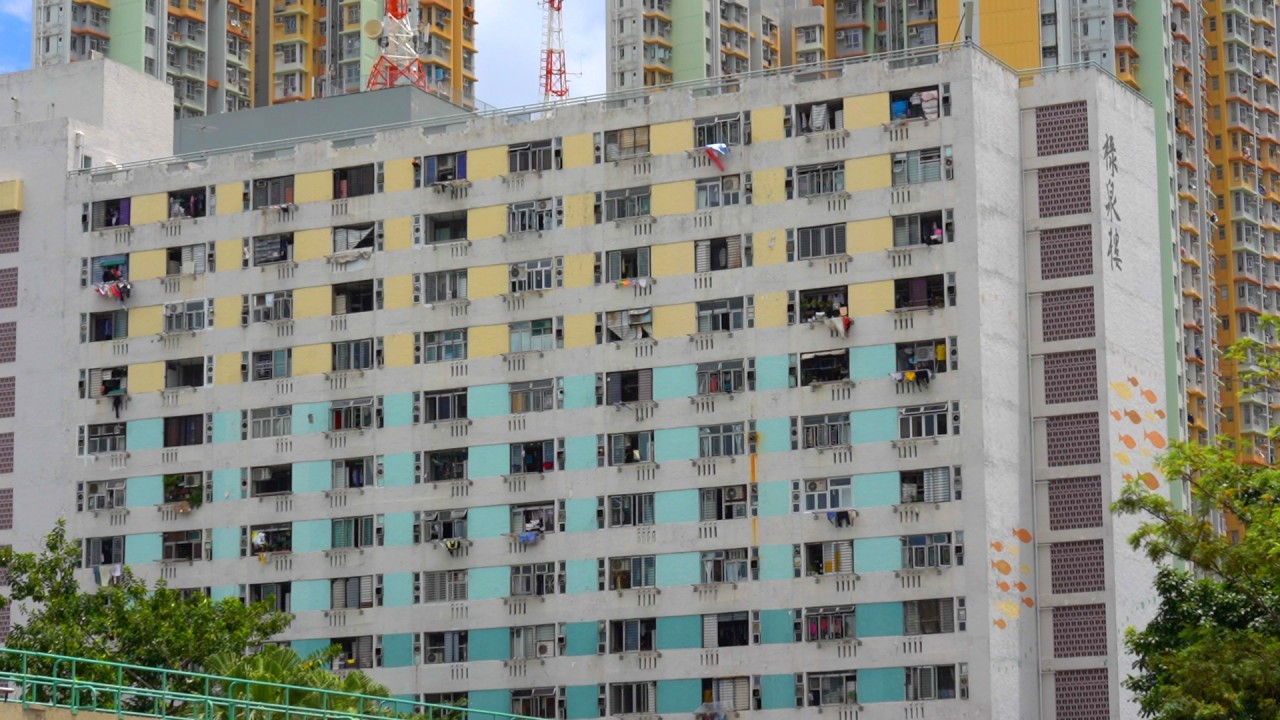
Hong Kong’s recovery from coronavirus and protests depends on employers joining subsidy scheme
- City’s largest employers owe it to their employees and the Hong Kong economy as a whole to do whatever they can to ensure their survival
- The Employment Support Scheme will give people the confidence they need to continue spending and driving the economic recovery forward
Consumption needs a boost if the economy is to recover. Like other advanced economies, private consumption accounts for close to 70 per cent of Hong Kong’s gross domestic product. If a significant proportion of the workforce fears for their jobs, we will struggle to recover as fast as other regional economies. Any delay in re-establishing growth risks a fundamental and permanent impact on the city, major businesses and the livelihoods of all citizens.
What are the facts in Hong Kong? The government says it has earmarked sufficient funds to cover all permanent employees of eligible employers, as well as 215,000 self-employed people. If an employer chooses not to participate, the funds will be unclaimed, with no guarantee that they would be diverted to smaller businesses.
Any major employer who opts not to join the scheme risks undermining the central objective of the scheme – to buoy confidence in a challenging time for all economies. The participation of businesses with large workforces and their commitment to maintain headcount is crucial for the scheme to benefit the most people and deliver the greatest boost to consumer confidence.
The collapse of any one of Hong Kong’s larger businesses would have a devastating impact across the supply chain and the local economy. It would undermine confidence in Hong Kong when confidence in our city is already under strain.

03:41
Fears of fresh Covid-19 outbreak in Hong Kong after 6 cases reported connected to a building
The most important responsibility of every business is to survive. The leaders of Hong Kong’s major businesses should not hesitate to participate in the wage subsidy scheme if doing so helps minimise their risk of failure.
Some employers may conclude they cannot commit to maintaining headcount as they need flexibility to make staff reductions to protect their business. But the returns to Hong Kong from the scheme will only be maximised if all employers who can do so participate in it. That is why all employers, irrespective of scale, financial strength or ownership structure, owe it to their employees and Hong Kong’s future economic health to join the scheme and tell their employees they have done so.
The next six months are critical for our economy. Business and government together need to do all they can to lift public sentiment to ensure Hong Kong recovers quickly and strongly as soon as conditions improve.
Francis Neoton Cheung is the convenor of Doctoral Exchange, a public policy research collective, and a former member of the Land and Building Advisory Committee

